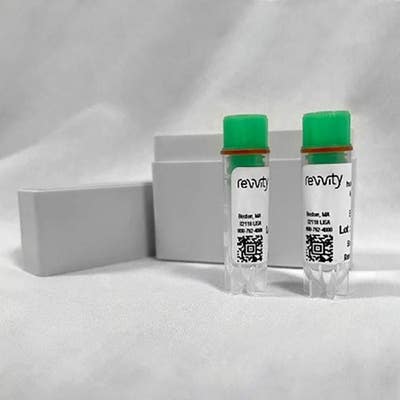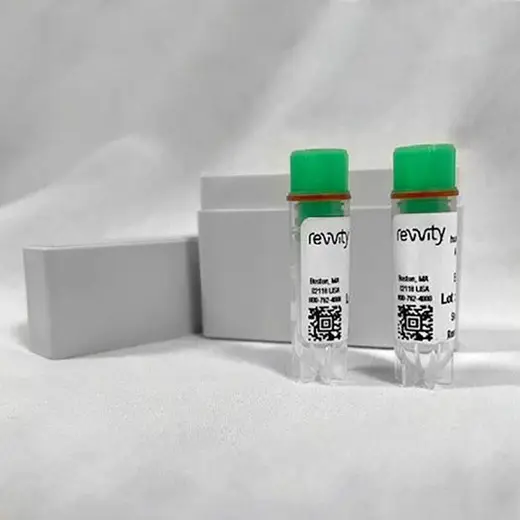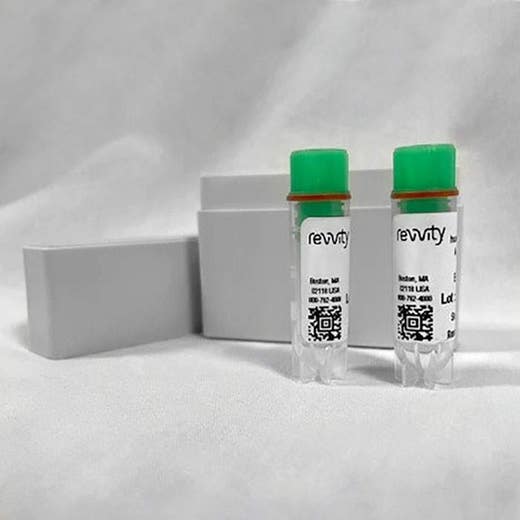
IVISbrite HT-29 Red F-luc Bioluminescent Tumor Cell line (Bioware Brite)

IVISbrite HT-29 Red F-luc Bioluminescent Tumor Cell line (Bioware Brite)




The IVISbrite™ HT29 Red F-luc tumor cell line (Bioware® Brite HT-29-Red-FLuc) is a light-producing cell line derived from HT29-human colorectal adenocarcinoma. The cells have been stably transduced with the red-shifted firefly luciferase gene from Luciola Italica (Red F-luc), for a brighter, red-shifted signal.
For research use only. Not for use in diagnostic procedures.
The IVISbrite™ HT29 Red F-luc tumor cell line (Bioware® Brite HT-29-Red-FLuc) is a light-producing cell line derived from HT29-human colorectal adenocarcinoma. The cells have been stably transduced with the red-shifted firefly luciferase gene from Luciola Italica (Red F-luc), for a brighter, red-shifted signal.
For research use only. Not for use in diagnostic procedures.


IVISbrite HT-29 Red F-luc Bioluminescent Tumor Cell line (Bioware Brite)


IVISbrite HT-29 Red F-luc Bioluminescent Tumor Cell line (Bioware Brite)


Product information
Overview
IVISbrite HT-29 Red F-luc Bioluminescent Tumor Cell line
- Organism: Human
- Tissue: Colon
- Disease: Colorectal Adenocarcinoma
- Optical Reporter: Red F-Luc
This cell line has very bright bioluminescence, emitting at least 30,000 photons/cell/sec in vitro. The exact number will vary depending on imaging and culturing conditions.
By emitting intensified, longer wavelength light that is significantly brighter than other firefly luciferases, our bioluminescent oncology cell lines allow you to visualize and monitor the growth of deep tissue tumors in vivo.
After the cells are injected into an appropriate mouse model, the optimized Red F-luc luciferase enables more sensitive in vivo optical detection with less tissue attenuation so you can detect tumor development earlier.
Specifications
| Brand |
IVISbrite
|
|---|---|
| Cancer Model |
Colorectal
|
| Imaging Modality |
Bioluminenscence
|
| Luciferase Classification |
Firefly
|
| Shipping Conditions |
Shipped in Dry Ice
|
| Unit Size |
2 vials each containing 1 million cells
|
Resources
Are you looking for resources, click on the resource type to explore further.
Researchers trust our in vivo imaging solutions to give them reliable, calibrated data that reveals pathway characterization and...


How can we help you?
We are here to answer your questions.






























